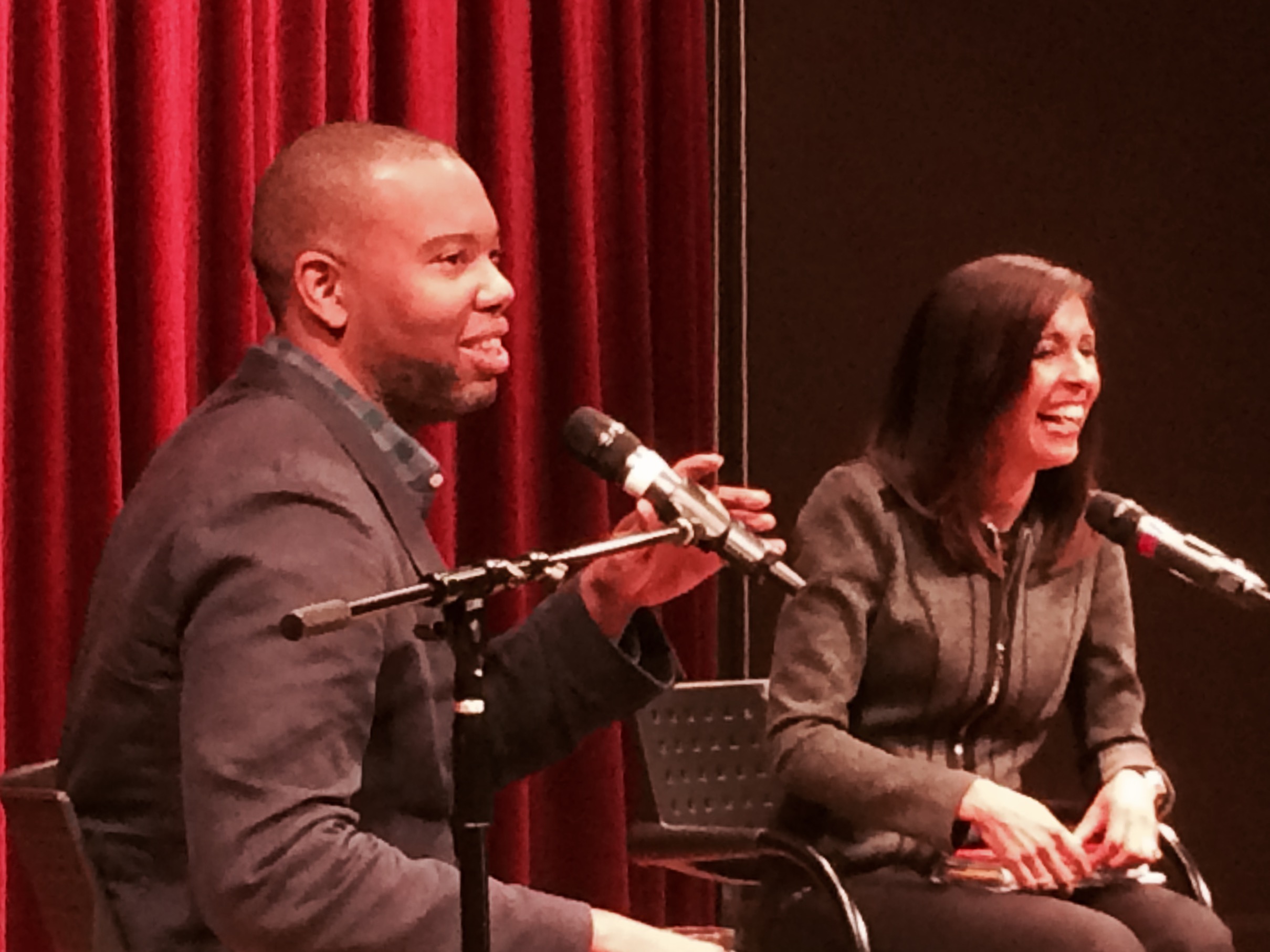
Ta-Nehisi Coates talks race and writing in Philly
The Philadelphia Free Library held an author event Friday night with Ta-Nehisi Coates, writer of the #1 New York Times best-selling book Between the World and Me.
Coates, a journalist for The Atlantic by day, garnered national praise and criticism for his 2014 article “A Case for Reparations,” which argues for the U.S.’s longstanding economic and moral debt to African Americans. Following the publication of his book this summer, Coates was one of a handful to receive the prestigious MacArthur “Genius” Grant. He is currently on a six-week U.S. book tour.
Between the World in Me, which takes its name from a Richard Wright poem, is written as a letter to Coates’ son (now 15). Coates opened the sold-out event by reading a passage about the first time he saw a gun drawn on the streets of West Baltimore as a teenager — a revelatory event that, among other things, opened his eyes to the vulnerability of "the black body” in America.
Much praise has been given to Coates’ forceful prose, which he addressed at length last night in relation to his day job as a journalist.
“The book came out of my frustrations with the craft of journalism,” Coates said.
He drew inspiration from James Baldwin’s 1963 book-length essay The Fire Next Time. Coates said that such essays — equal parts critical analysis and self-consciously literary memoir — are no long written.
Reparations also came up at the Free Library event in relation to Mayor Michael Nutter. Coates' popular article made use of a 2011 quote from Nutter about how African Americans need to “pull [their] pants” up and take responsibility for their problems. While Coates advocates for a higher moral standard in all communities, he said that Nutter’s quip — which can be heard often enough from both Whites and Blacks — falls short “as an explanation for the 22:1 wealth gap” between the two groups in the U.S.
Race remained central throughout the course of the hour-long conversation. A podcast of the event will be available soon on the Free Library’s author events website. For anyone interested in race relations in America, it’s invaluable listening. Here’s one of Coates' memorable quotes:
“When we talk about white America, you’re not talking about a group of fair-skinned people. You’re talking about a definition that was erected to maintain power. That is just the history: Whose bodies are we going to possess and exploit, and whose bodies will we not be able to possess and exploit. Without that power, what is there? What is there to “white”? That, I think, is one of the key problems in terms of having a conversation about race. You have so much to lose — including your very name.”
Coates, whose father grew up in Philly, gave shout-outs to several close friends and family members. He ended by taking questions from the audience on a range of topics, among them education, police brutality ancestry and the editing process.



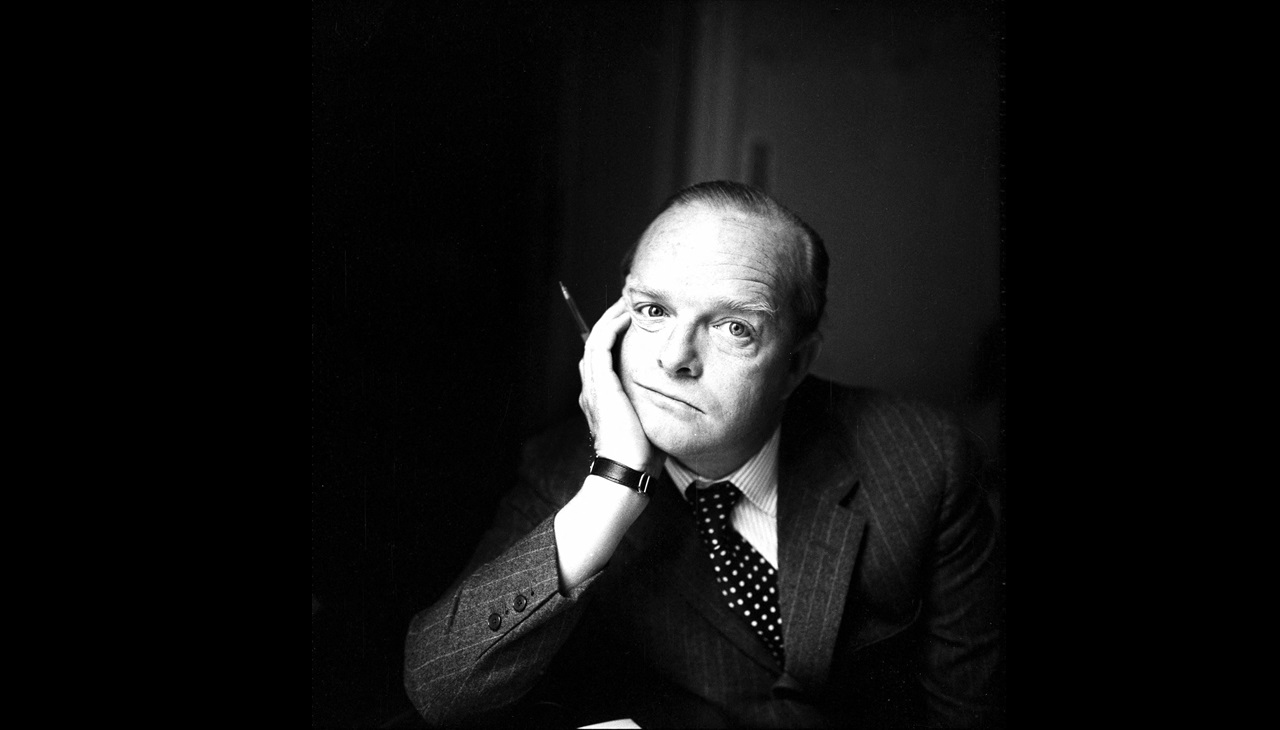

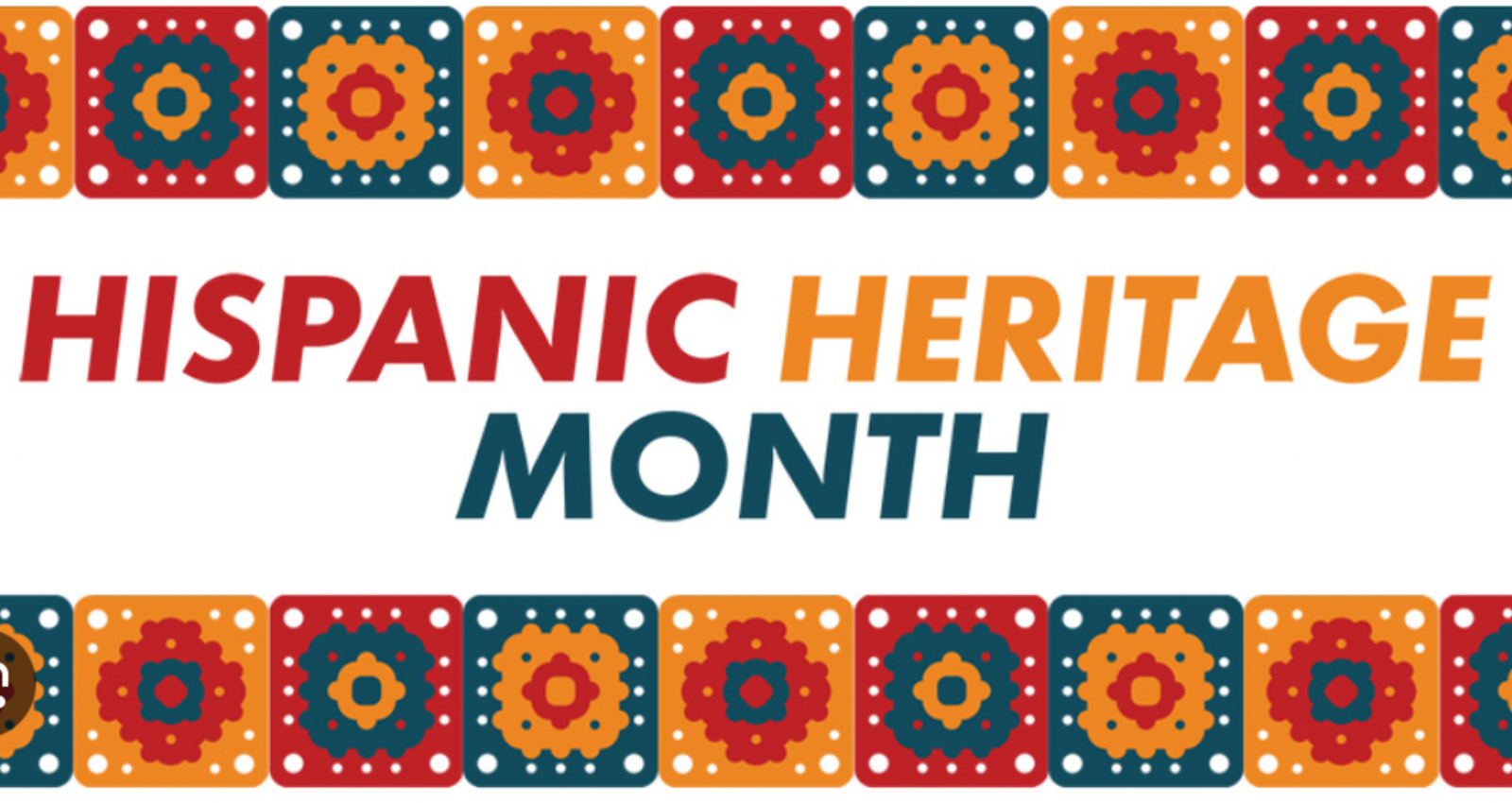
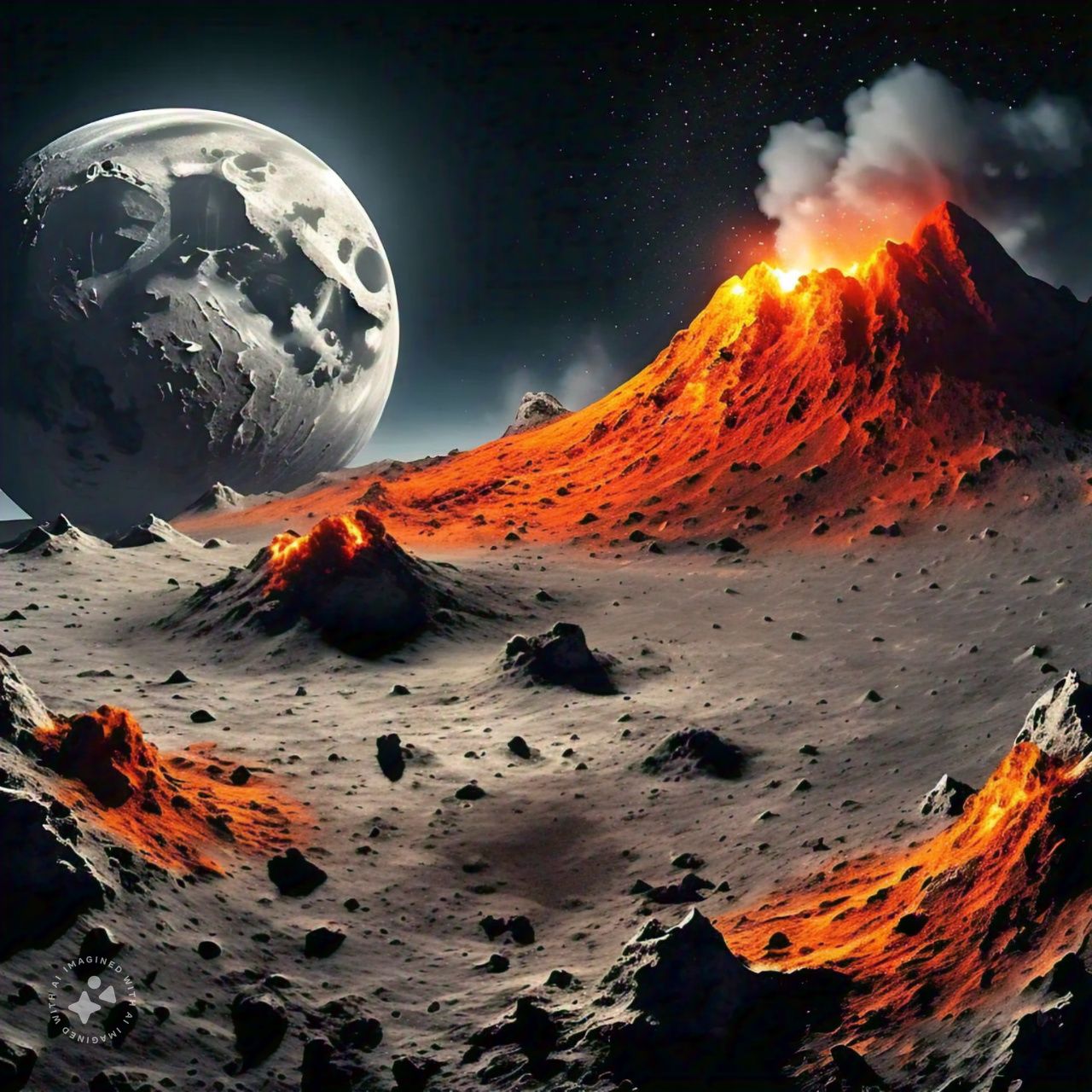

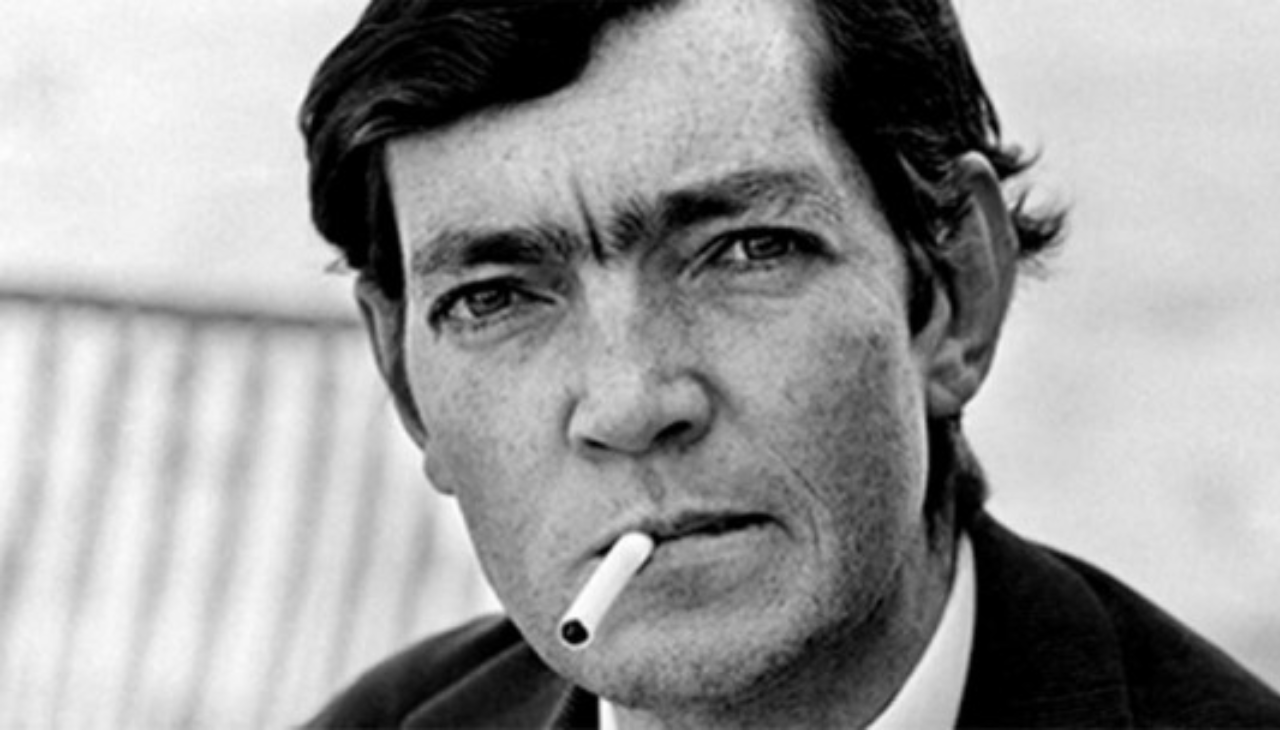
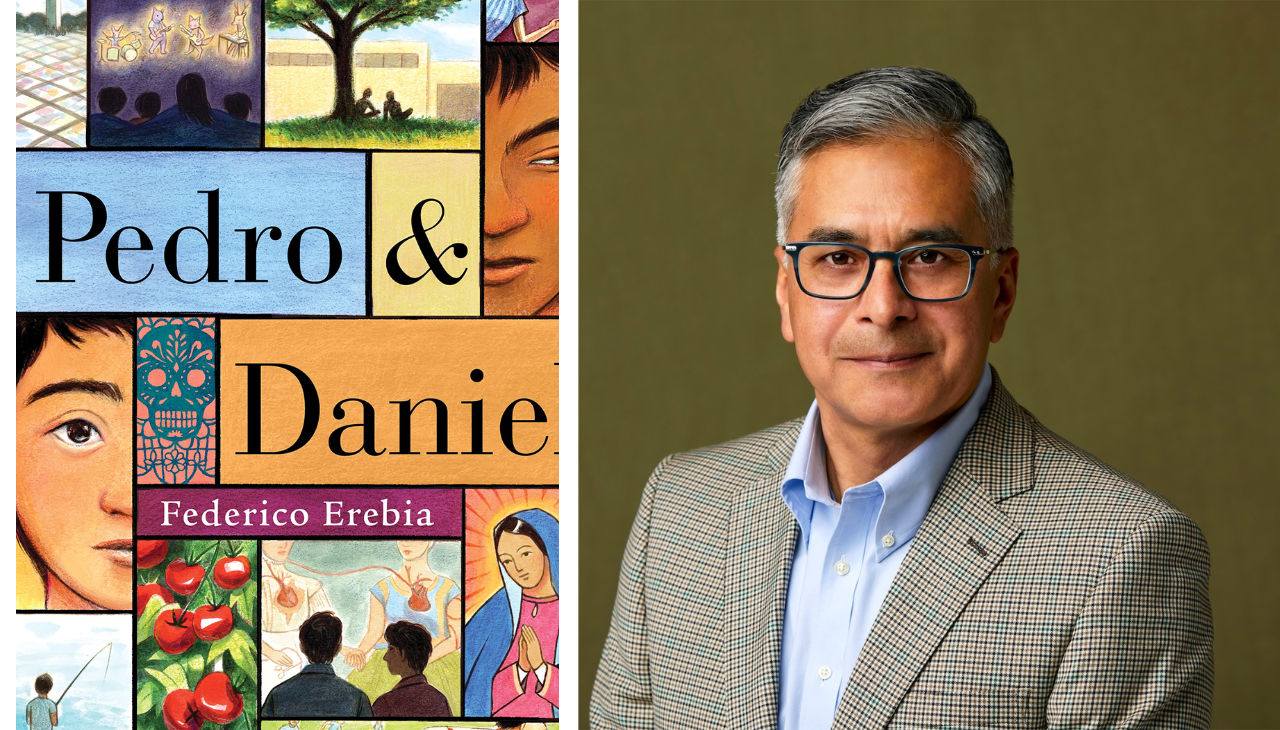
DEJE UN COMENTARIO:
¡Únete a la discusión! Deja un comentario.